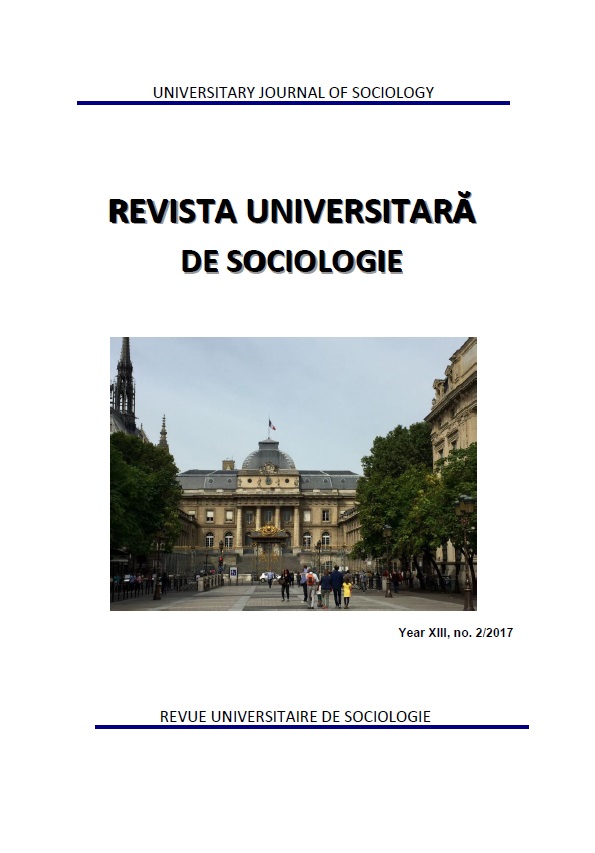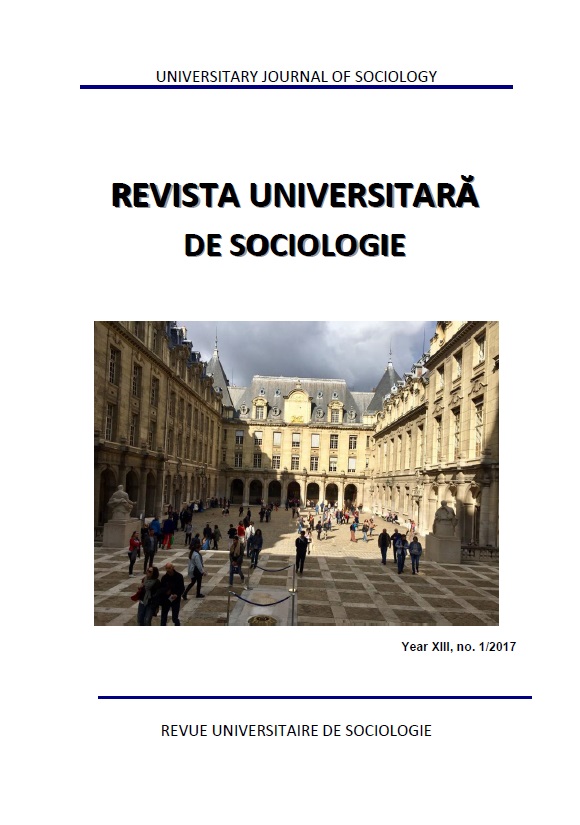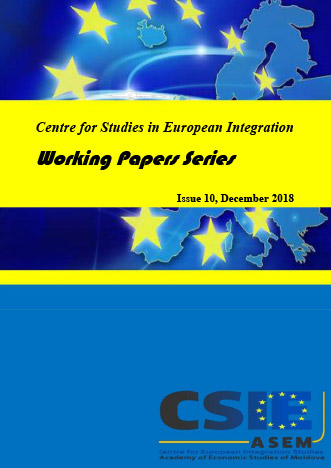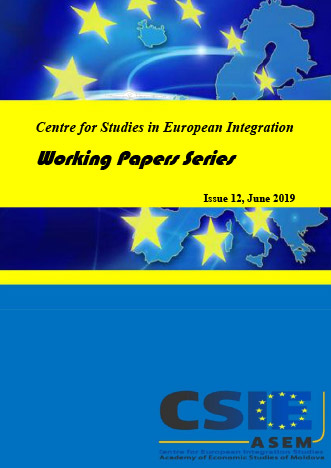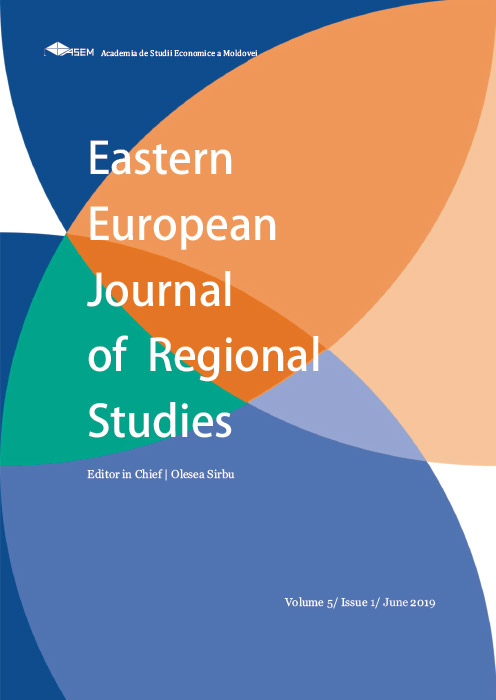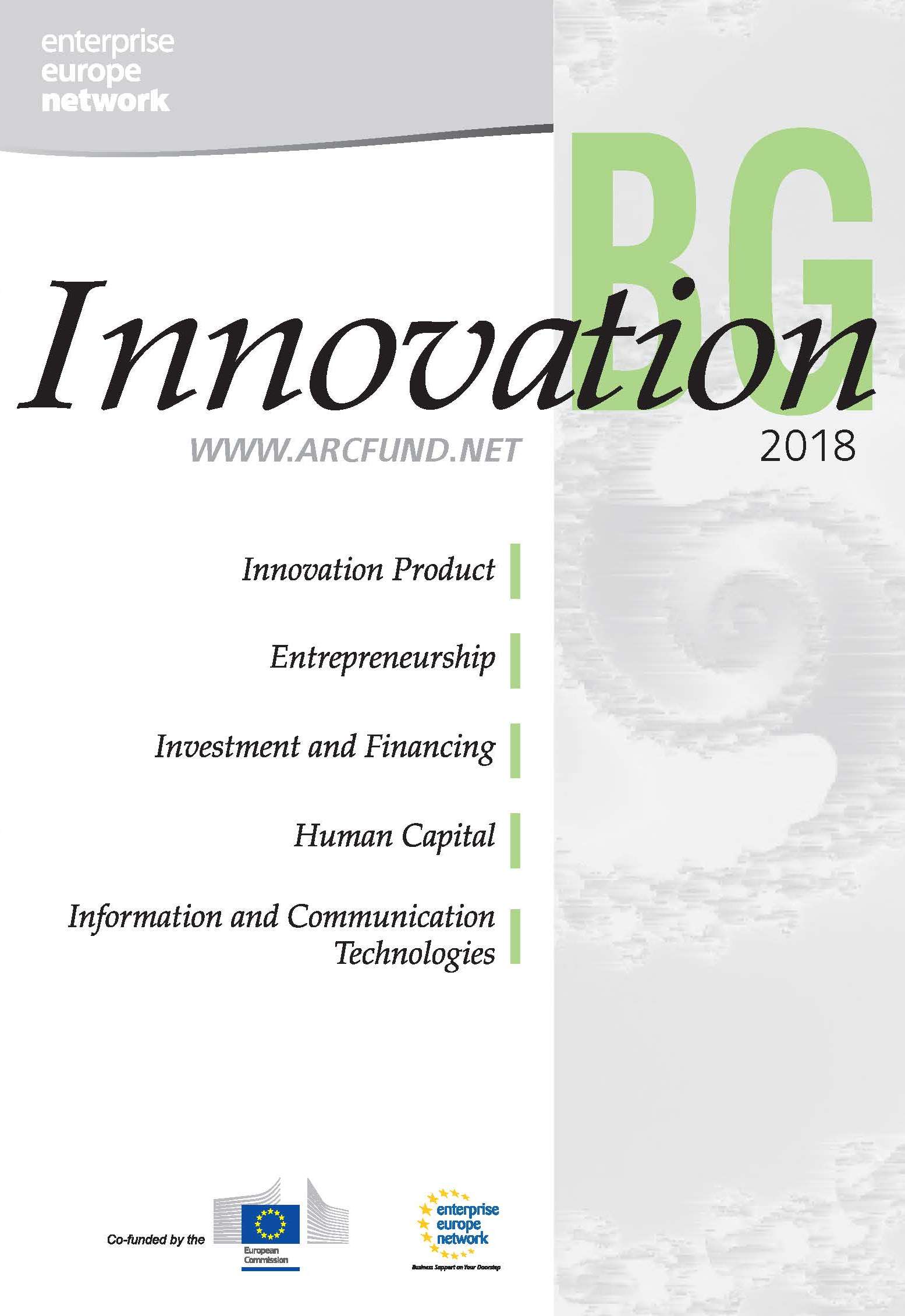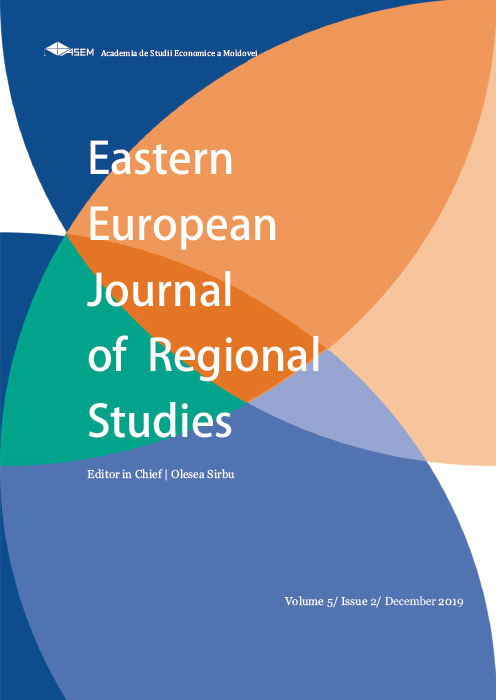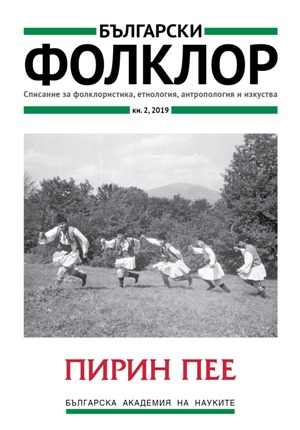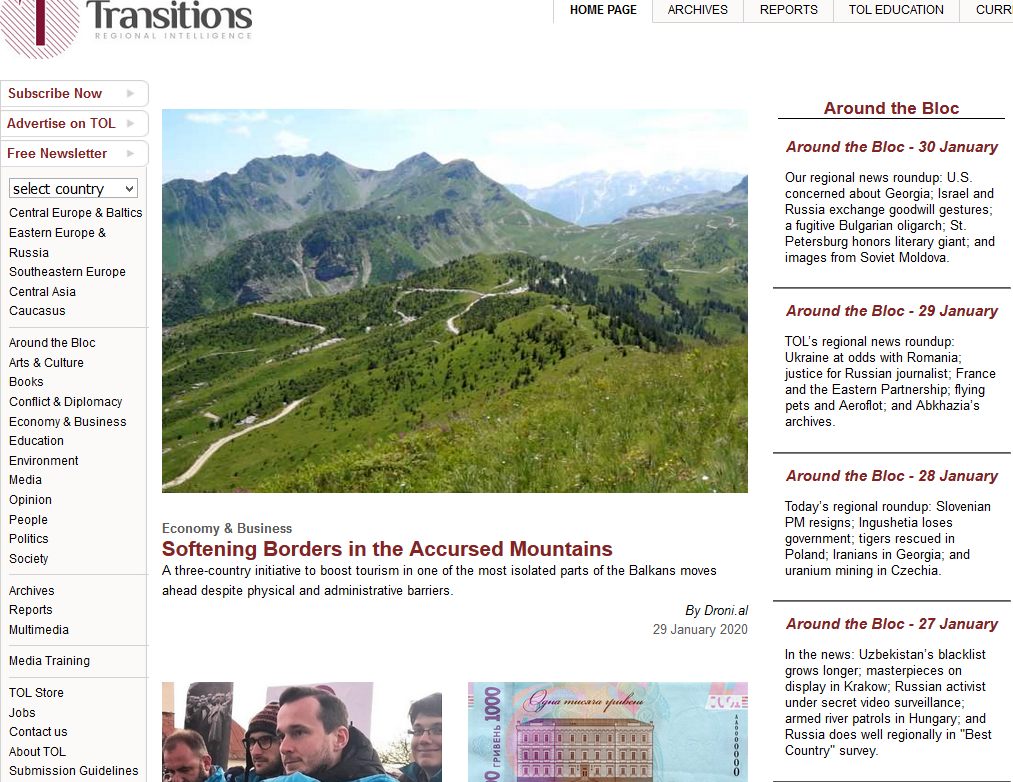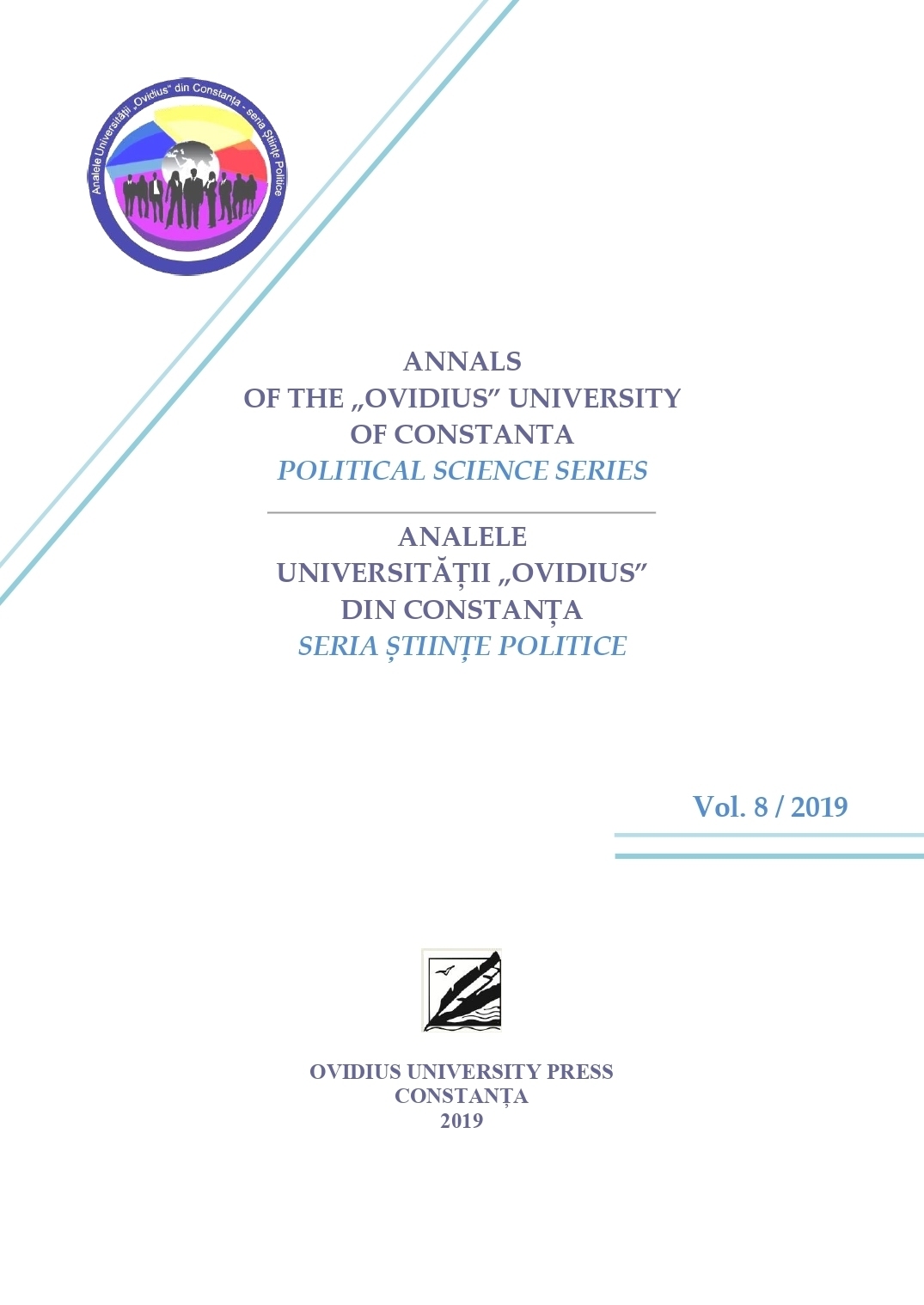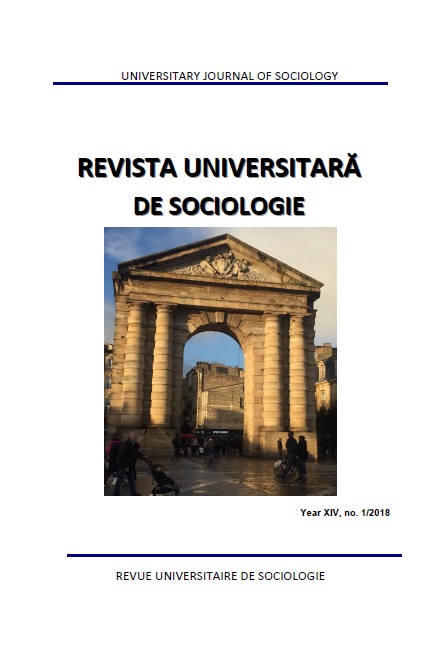
SOCIALIST MARKET ECONOMY - CHINA IN THE FACE OF HISTORY: IDEOLOGICAL STEREOTYPES, PRAXEOLOGICAL CLICHES, HISTORICAL INERTIA
The present article presents the elements that give originality to the Chinese model of sustainable development by solving the "enigma" of the complementarity between Chinese socialism and the Western market economy. Thus, while Western neo-liberalism devised its managerial profile according to "as slight as possible State" principles, the communist authorities in China has legitimately held the authority of the Communist Party, but have liberalized the property. If the 20th century was American, will the 21st century be Chinese? However, this point of view belonging to the sociological approach should not be ignored; a democratic world must ensure the legitimate free flow of all views. This text is a part of a large study “The Chinese Model of durable and sustainable development - a successful social experiment”, finalized in the zonal laboratories belong the Sociologists Association, Timis county, The University of the West of Timisoara. As a sociological level, is the first sociological modelling of the Chinese social space focus on socialist market economy? The socialist market economy is an original model of development starting in China since Deng Xiaoping (1978) becoming leader of Communist Party (PCC). Today, China is the second economic power of the World. As the scientist, we have obligation to study all social evolutions, behind ideological reasons.
More...
